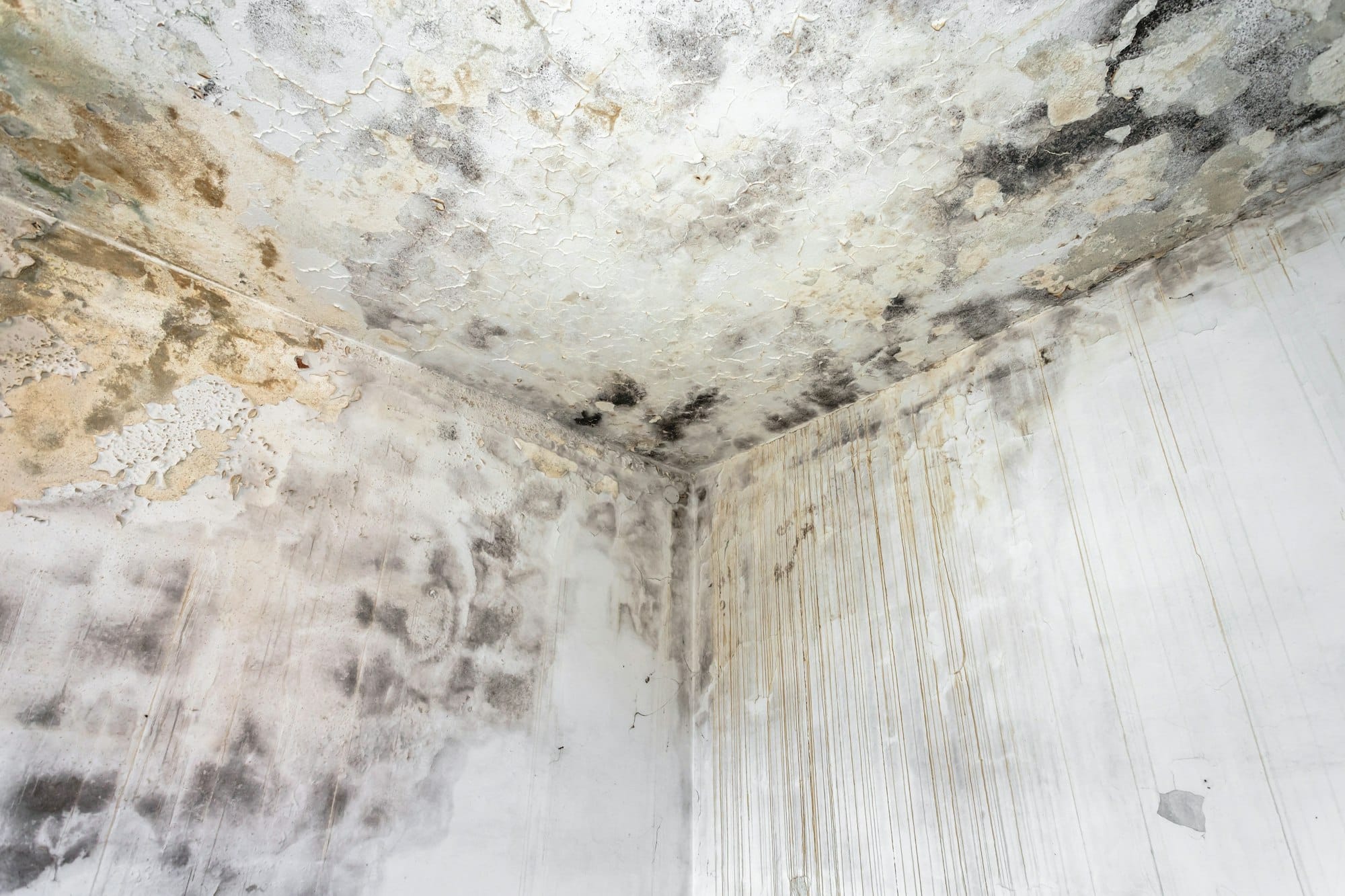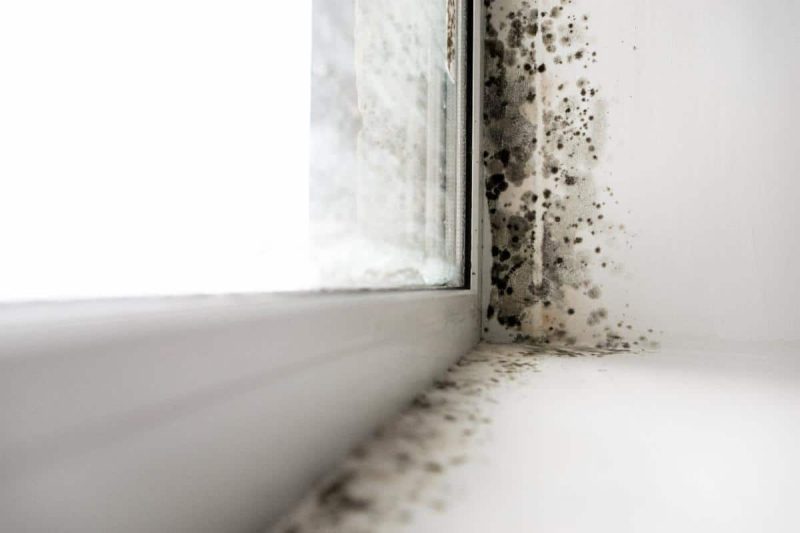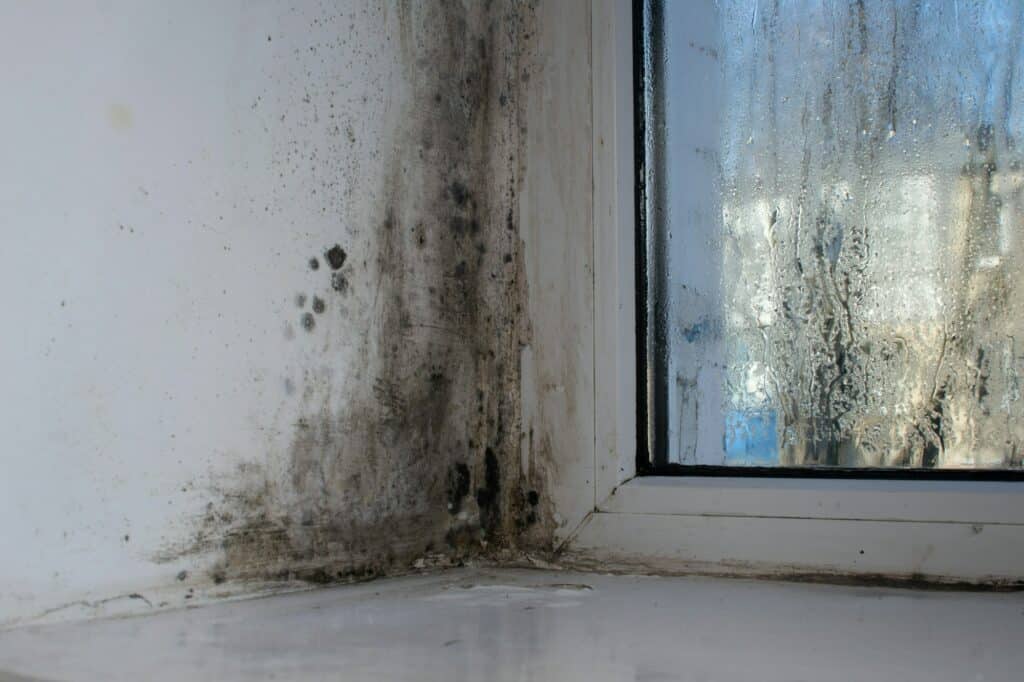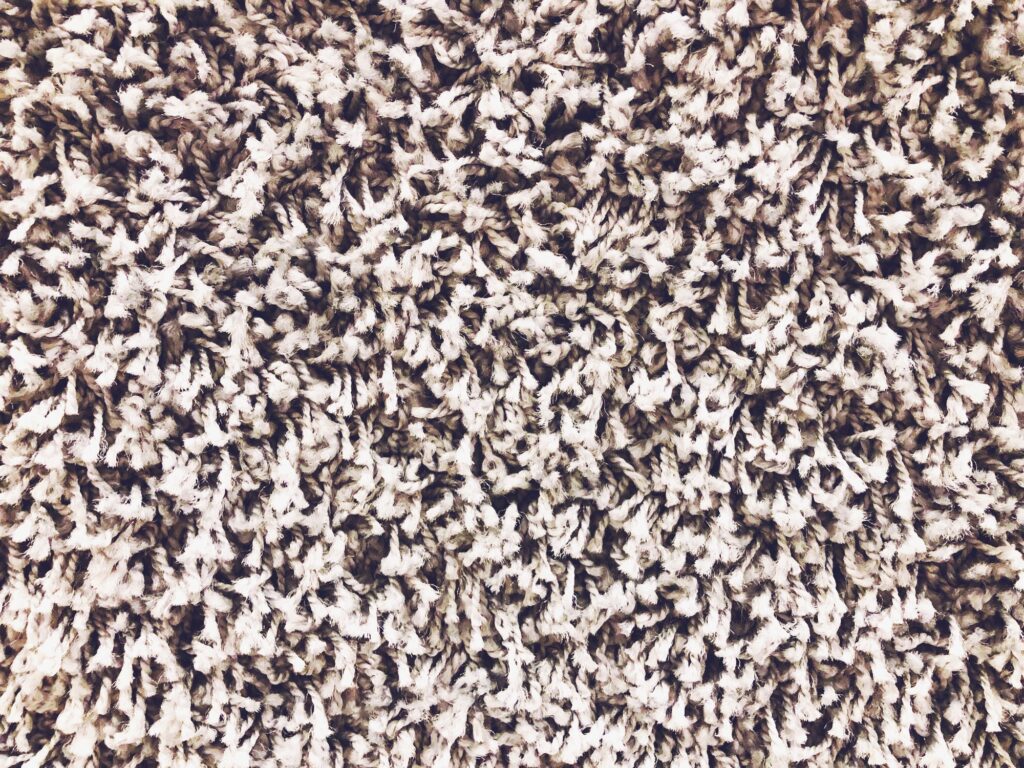Worried About Mold in Your Home?
Get Fast, Reliable Mold Testing in Metro Detroit
Mold is a common household issue, but how do you know if it’s a problem? If you’ve noticed musty odors, water damage, or allergy-like symptoms, you may have hidden mold in your home.
At ETL, we provide fast, professional mold testing for homeowners in Metro Detroit, Ann Arbor, and surrounding areas—so you can take the right steps to protect your family and property.
Whether you’re in Detroit, Troy, Southfield, Sterling Heights, or Novi, our trusted lab services help you identify potential mold contamination and determine the best course of action.

Common Mold Risks in Southeast Michigan Homes
Basements & Crawl Spaces
Michigan homes often have damp basements, and if you’ve ever noticed a musty smell downstairs, mold could be the reason. Water can seep in after heavy rain or snowmelt, leading to hidden mold behind walls, in carpets, or under flooring.
Heavy Rain & Snowmelt
Cold winters and heavy snow can cause roof damage or ice dams, which let moisture sneak into your attic and walls. Over time, this can lead to mold growth that you might not notice until you see stains or peeling paint.
High Summer Humidity
Michigan summers get muggy, and if your home doesn’t have good ventilation, that moisture can get trapped inside. Bathrooms, basements, and even inside walls are common places for mold to grow when the air stays damp.
Old Pipes & Past Water Damage
If you live in an older home in Royal Oak, Livonia, or Warren, you may have dealt with leaky pipes or past plumbing issues. Even if the water dried up, mold can stick around inside walls, under sinks, and behind appliances.

Mold can be a problem in any home, but Michigan’s weather makes it even more likely—especially in older homes or houses with past water damage. If you’ve ever had a leaky roof, basement flooding, or even just high humidity in the summer, mold could be growing where you can’t see it.
How Mold Can Affect Your Home & Health
Mold isn’t just an eyesore—it can impact both your health and home value:
- Alergy-like symptoms – Mold spores can trigger sneezing, coughing, congestion, and headaches, especially for kids and older adults.
- Musty smells & air quality issues – Even if you can’t see mold, it can make your home smell damp or stuffy.
- Damage to walls, floors, and furniture – Mold eats away at wood, drywall, and fabric, which can weaken your home’s structure over time.
- Lower home value – If mold is found during a home inspection, it could hurt your resale value or make it harder to sell your house.
How to Test for Mold in Your Home

How to Collect a Tape Lift Sample
For visible mold on smooth surfaces
✔ What You Need:
- Clear tape (Scotch tape or similar)
- A glass or plastic slide (or a clean ziplock bag)
✔ How to Take the Sample:
- Press a piece of clear tape onto the surface where you see discoloration, mold spots, or suspect contamination.
- Gently peel the tape off and place it sticky-side down onto the slide or inside a sealed bag.
- Label your sample with the location (e.g., “bathroom ceiling – Warren, MI”).
- Fill out the Chain of Custody form and send your sample to ETL’s Metro Detroit lab for analysis.

How to Collect a Bulk Sample
(For testing materials like drywall, carpet, or insulation)
✔ What You Need:
- Clean scissors or a utility knife
- A sterile sample bag or a clean plastic bag
✔ How to Take the Sample:
- Cut a small piece (about 2×2 inches) from the affected material.
- Place it in the sample bag and seal it tightly.
- Label the bag with the sample location (e.g., “basement drywall – Macomb Township”).
- Fill out the Chain of Custody form and send your sample to ETL’s Michigan-based lab for professional analysis.
Why Metro Detroit Homeowners Choose ETL
Precise Analysis and Exceptional Service:
Our lab is known for reliable results and outstanding customer care. We meet homeowners where they’re at, making sure they get exactly what they need—nothing more, nothing less—without overpaying!
Quick Turnaround:
Get results in as little as 2 hours! Most homeowners choose our 24-48 hour standard option, but either way, you’ll never be left waiting.
Local Knowledge:
We understand the unique challenges Metro Detroit homeowners face, from aging properties to historic materials. For years, we’ve proudly served communities like Detroit, Royal Oak, and Southfield, providing fast, reliable testing tailored to your home’s needs.
Mold FAQ – Your Questions Answered
What Are the Signs of Mold in My Home?
Mold can grow in hidden areas, but some common signs include:
✔ Musty, damp odors – A persistent, earthy smell often signals hidden mold.
✔ Visible mold growth – Black, green, or white spots on walls, ceilings, or furniture.
✔ Allergy symptoms – Sneezing, coughing, itchy eyes, and congestion that worsen indoors.
✔ Water damage or past flooding – Mold thrives in damp areas like basements, attics, and behind walls.
Is Mold Dangerous?
Can I Test for Mold Myself?
Where Can I Get Professional Mold Air Testing?
Can I Remove Mold Myself?
How Can I Prevent Mold in My Home?
✔ Fix leaks quickly – Repair roof, plumbing, or basement leaks as soon as possible.
✔ Use a dehumidifier – Keep indoor humidity below 50%, especially in basements.
✔ Improve ventilation – Use exhaust fans in kitchens and bathrooms.
✔ Check for water damage – Inspect basements, attics, and crawl spaces regularly.


